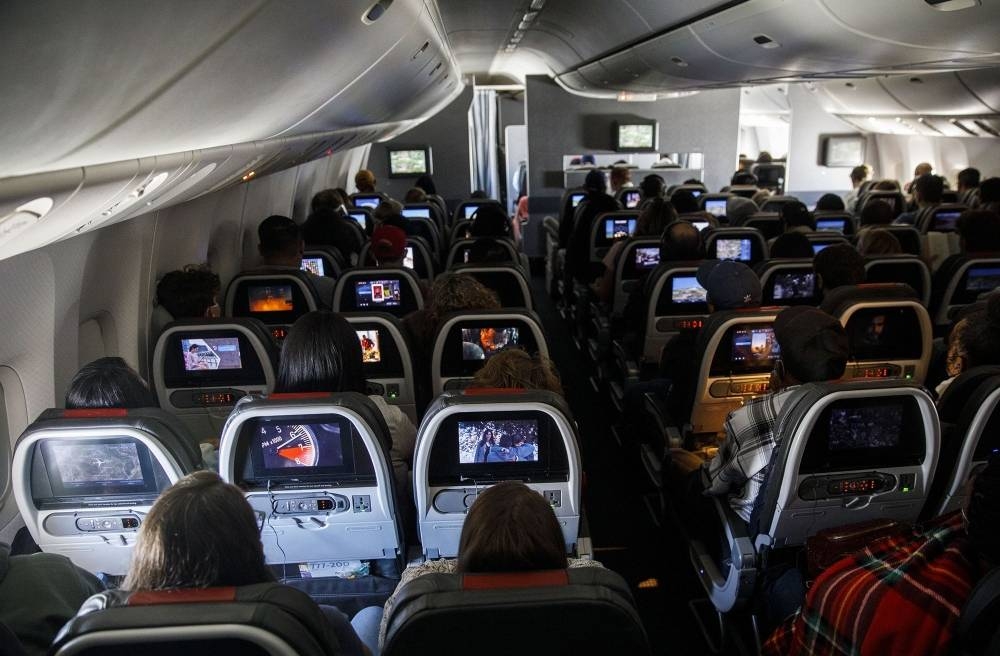| Beyond the Tarmac |
With passengers returning to the skies in growing numbers as governments ease Covid-19 related restrictions, it is essential that travellers understand the unacceptability and possible legal consequences of unruly or disruptive behaviour in aviation facilities and onboard aircraft.
Unruly passengers remain a major concern for air carriers worldwide. While serious disruptive behaviour remains rare, it can often be costly and cause aircraft delays.
Unruly passenger incidents include violence against crew and other passengers, harassment, verbal abuse, smoking, failure to follow safety and public health instructions and other forms of riotous behaviour.
Although such acts are committed by a minority of passengers, they have a disproportionate impact. They create inconvenience, may threaten the health, safety and security of other passengers and crew, and can lead to significant operational disruption and costs for airlines.
Evidence indicates that unruly and disruptive passenger incidents increased during the Covid-19, driven by non-compliance and flouting of face mask requirements and regulatory mandates put in place in an effort to further reduce the potential transmission of the virus to other passengers and crew.
“We have seen a marked decrease in the reporting rates in areas where mask mandates were removed,” says the International Air Transport Association.
Gaps in in the Tokyo Convention 1963 (TC63), which governs offences and certain other acts committed on aircraft means that many unruly passengers escape punishment for their misconduct. The main issue is that the country, where an aircraft is registered has jurisdiction over offences committed onboard.
This causes problems at overseas airports, where local police may not have jurisdiction to deal with incidents that occur onboard foreign registered aircraft. This means unruly passengers are often released without charge which undermines the deterrent.
IATA member airlines state this is the reason for prosecutions not proceeding in around 60% of unruly passenger cases. To address this, the association lobbied effectively for the International Civil Aviation Organisation (ICAO) to conduct a thorough review of TC63 in 2009.
Countries agreed that amendments were needed, and this resulted in the Montreal Protocol 2014 (MP14). MP14 amends TC63 by extending jurisdiction over offences to the state of intended landing (destination) in addition to the state of aircraft registration.
Other changes give greater clarity to what at a minimum constitutes unruly behaviour and reinforces the right of airlines to seek recovery of the significant costs from unruly passengers. MP14 entered into force in January 2020, following ratification by 22 ICAO Member States.
Since then, further states have ratified bringing the current total to 41 with eight more becoming parties so far in 2022 including Kenya, Luxembourg and Romania.
However, despite this progress, TC63 still covers around two thirds of global traffic. The more states ratify MP14 the more the jurisdiction gaps can be closed so that unruly passengers can be prosecuted according to uniform global guidelines.
IATA announced changes in its reporting system to get a more accurate picture of the extent and nature of unruly passenger incidents.
However, the last full year of statistics available under the (previous) reporting system showed that in 2017 the rate was one incident for every 1,053 flights.
The top three issues were non-compliance with safety regulations, alcohol or other intoxication, and non-compliance with smoking regulations.
Between 2007 and 2016, more than 58,000 unruly passenger incidents were reported on aircraft in-flight, data available with association show.
These incidents include violence against crew and other passengers, harassment and failure to follow safety instructions.
The global aviation industry led by IATA has recognised that it must do all it can to prevent incidents from happening to the extent possible.
In addition to providing airlines with comprehensive guidance materials covering issues such as conflict de-escalation, responsible service of alcohol and restraint, the association is participating in several ongoing public-facing campaigns aimed at raising awareness among passengers of the types of prohibited conduct onboard and the consequences of irresponsible and criminal behaviour.
Undoubtedly, preventing unruly incidents from happening in the skies and managing them effectively when they do occur is critical to the safety of global aviation.


